Hybrid catalysts are gaining attention for combining the strengths of different catalytic materials, offering enhanced performance across a range of reactions. By integrating components like metal nanoparticles, enzymes, or polymeric materials, hybrid systems can tailor catalytic activity for higher efficiency and selectivity. This approach addresses the limitations of individual systems, such as the stability and reusability issues of homogeneous catalysts or the lower selectivity of heterogeneous ones. For instance, combining a metal catalyst with an organic co-catalyst can improve reaction rates and product control, making hybrid systems ideal for complex reactions like C-H activation and carbon-carbon coupling. Hybrid catalysts also enable more sustainable processes by enhancing catalytic turnover, reducing waste, and improving energy efficiency. They are particularly useful in renewable energy applications, such as photocatalysis and electrocatalysis, where they improve light absorption, electron transfer, and overall efficiency. With continued advancements in material science, hybrid catalysts are expected to play a pivotal role in developing more efficient catalytic processes for industrial and environmental applications.
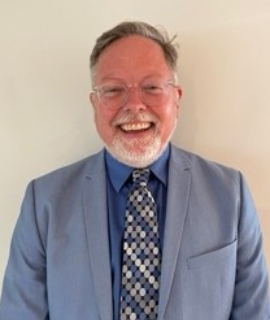
Thomas J Webster
Interstellar Therapeutics, United States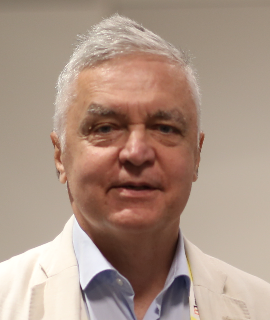
Sergey Suchkov
R&D Director of the National Center for Human Photosynthesis, Mexico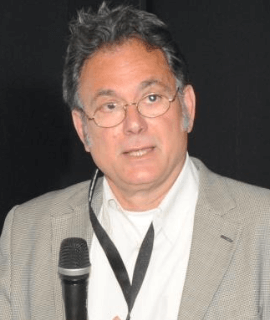
Christopher Koroneos
University of Western Attica, Greece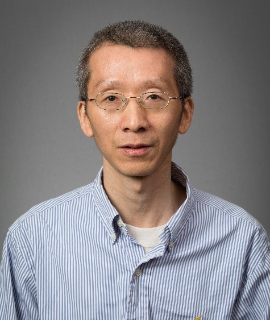
Haibo Ge
Texas Tech University, United States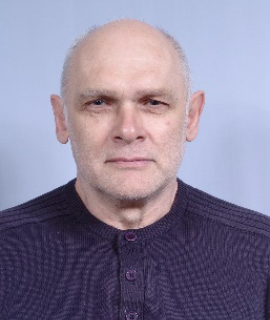
Valery P Kalinitchenko
All Russian Phytopathology Research Institute, Russian Federation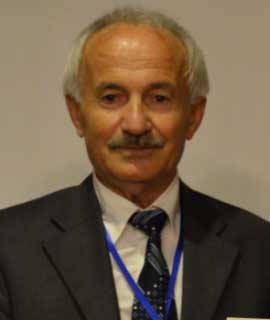
Osman Adiguzel
Firat University, Turkey
Delia Teresa Sponza
Dokuz Eylul University, Turkey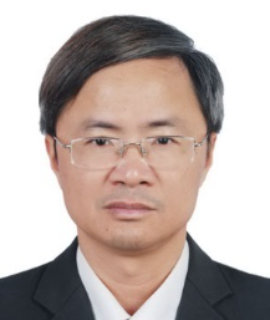
Guangnan Ou
Jimei University, China


Title : Using cells as the environmentally catalyst for nanoparticle synthesis: Killing bacteria, inhibiting inflammation, and growing tissues
Thomas J Webster, Interstellar Therapeutics, United States
Title : Personalized and Precision Medicine (PPM) as a unique healthcare model to be set up through biodesign-inspired biotech-driven translational applications and upgraded business marketing to secure the human healthcare, wellness and biosafety
Sergey Suchkov, R&D Director of the National Center for Human Photosynthesis, Mexico
Title : Chemical soil biological engineering and biogeosystem technique methodology
Valery P Kalinitchenko, All Russian Phytopathology Research Institute, Russian Federation
Title : Antibody-proteases as translational tools of the next-step generation to be applied for biotech, bioindustry and personalized and precision medical practice
Sergey Suchkov, R&D Director of the National Center for Human Photosynthesis, Mexico
Title : Shape memory phenomena and crystallographic transformations in shape memory alloys
Osman Adiguzel, Firat University, Turkey
Title : Construction of artificial metalloenzymes by protein refolding
Guangnan Ou, Jimei University, China
Title : Photoremoval of some brominated phenols (4-bromophenol and 2,4,6-tribromophenol) with reused polystyrene foam and SnO2
Delia Teresa Sponza, Dokuz Eylul University, Turkey
Title : Phenol removal from wastewater using innovative biological and industrial wastes as adsorbents
Ashanendu Mandal, University of Calcutta, India
Title : Boom of nanomaterials in environmental remediation
Vijendra Singh Solanki, Institute of Science and Research, India
Title : Process intensification for the production of 2, 2-dimethoxypropane using Fixed BED Chromatographic Reactor (FBCR)
Akash Sunilrao Shinde, Indian Institute of Technology Bombay, India